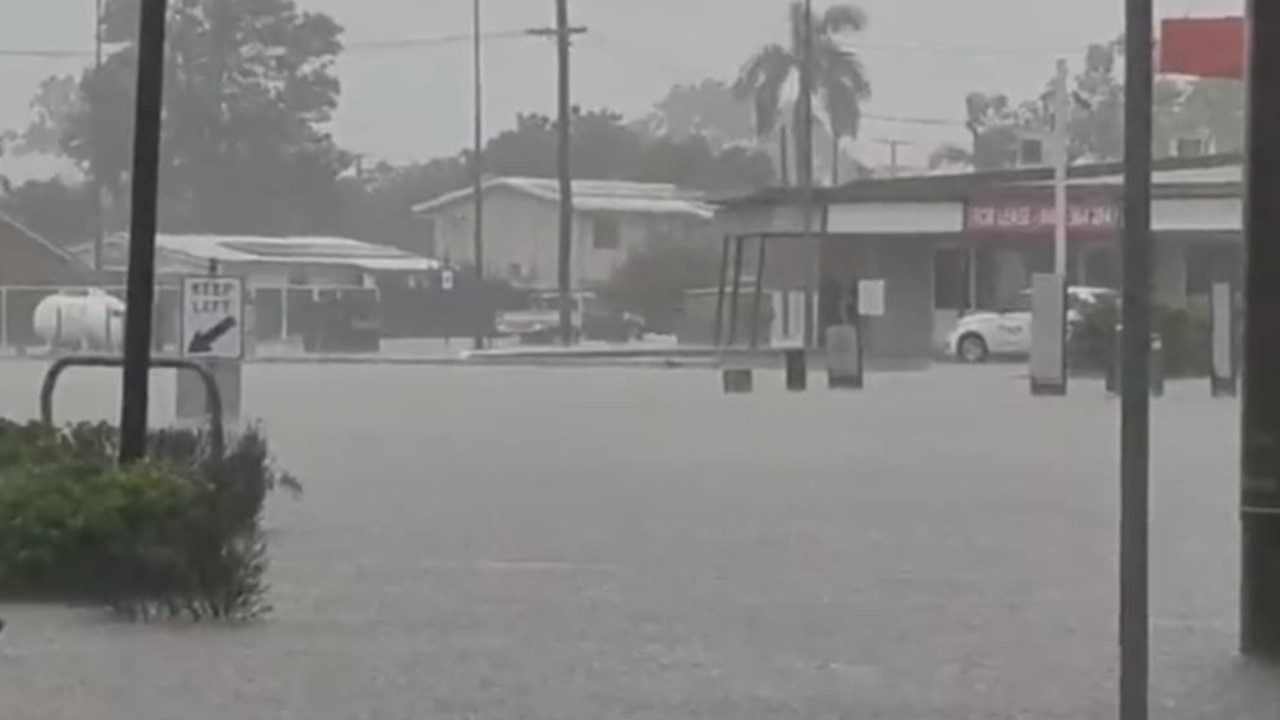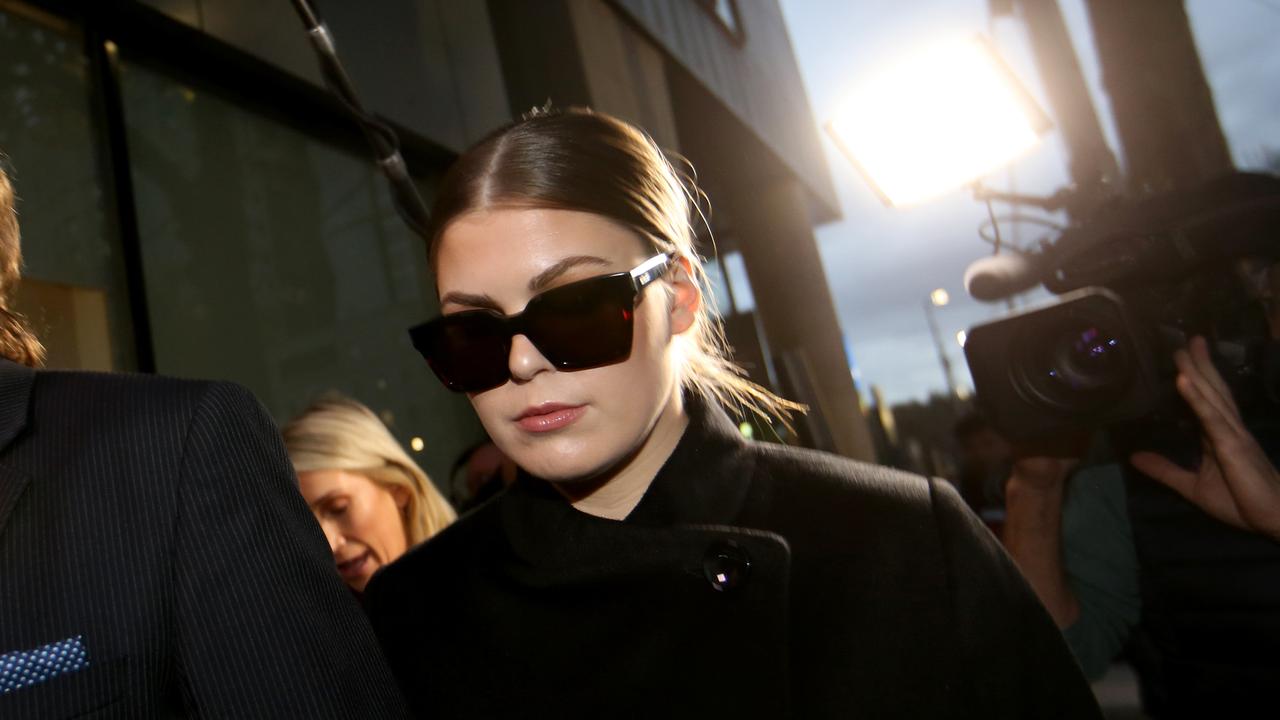Brothers convicted over the death of police officer Glenn McEnallay have been deported to Tonga
IN 2002, Constable Glenn McEnallay was gunned down by three men. His family and colleagues’ fight for justice has claimed an overdue victory.
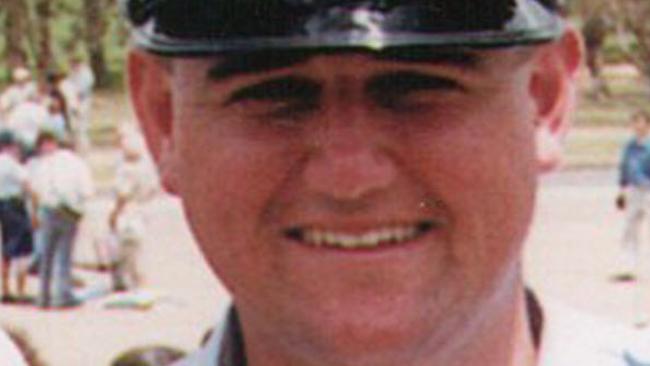
National
Don't miss out on the headlines from National. Followed categories will be added to My News.
THERE was no escaping the bullets that shattered the windscreen in Constable Glenn McEnallay’s patrol car after a dramatic pursuit through Sydney streets.
The 26-year-old highway patrol officer had been chasing the occupants of a stolen car in southwest Sydney in March 2002 after a check revealed the car was stolen.
The chase came to an end when the stolen car crashed. Before back-up could arrive, the gunfire began from less than three metres away.
Constable McEnallay was struck three times in the head and chest. The country lad who went to Sydney to pursue his dream of a police career clung to life for a week before his life support was switched off.
It was the start of a lifelong nightmare for his devastated family and police colleagues across Australia.
The gunman, Sione Penisini, was jailed for 36 years for murder but the others in the car received far more lenient sentences. Penisini won’t be eligible for parole until 2029.
Motekiai Taufahema, 39, who was driving, and his brother John, 37, were convicted of manslaughter after having their murder convictions overturned on appeal.
The Taufahema brothers, from Tonga, were both on parole for a brutal bashing when stopped with four stolen guns in Hillsdale in 2002.
OFFENDERS WANTED TO STAY IN AUSTRALIA
From jail, the Taufahema brothers managed to still torment Constable McEnallay’s loved ones as they fought for the right to remain in Australia when their sentences were completed.
Incredibly, the Administrative Appeals Tribunal extended Motekiai Taufahema’s visa, although that was eventually overturned when then immigration minister Chris Evans intervened.
One of the reasons given for allowing him to stay was that his young daughter “loves her father and misses him” and would be devastated if he were deported, the tribunal’s deputy president Robin Handley said at the time.
The fact he passed the “character test” horrified police, who lobbied the government to reverse the decision.
Motekiai was paroled earlier this year and deported on March 16 — and this week his brother John was sent packing to Tonga as well.
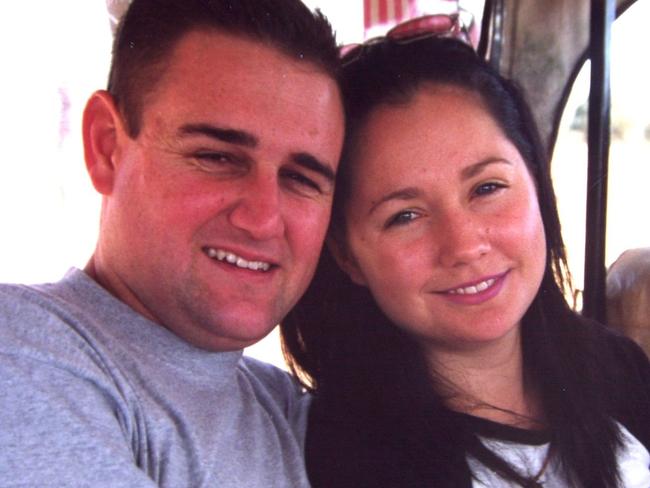
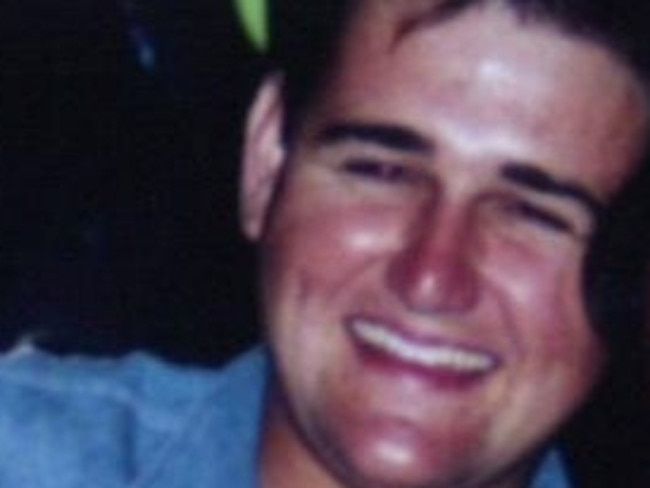
The Immigration and Border Protection Department confirmed to news.com.au John Taufahema’s visa had been cancelled and he had no lawful basis of remaining in Australia.
“The department can confirm that this individual has been removed from Australia,” a spokesman said.
A parole hearing in 2012 was told John was twice found with drugs in jail while Motekiai had committed five offences while behind bars.
Their departures would not end the heartache for Constable McEnallay’s friends, family and co-workers.
‘SOME FEELING OF RELIEF’
Glenn’s mum, Judy McEnallay-Mulheron, is happy the brothers have been deported. But it doesn’t make life any easier.
“It’s good to know. But it’s actually been hard to get any information about what’s happening. It’s only because Glenn’s case is high profile and I have been told by people in the media that they are gone,” she told news.com.au.
Corrective Services told her the brothers had been released to immigration officials, but after that “the brick wall comes up”.
“I actually rang (Immigration) Minister (Peter) Dutton’s office and spoke to someone and was told some info but when I asked for more information I was told I couldn’t because of the Privacy Act,” Ms McEnallay-Mulheron said.
It was one thing to know they had been handed to immigration but “you can’t be sure they’ve actually been returned to their country of birth or not”.
There was some “feeling of relief” they were no longer in Australia where they couldn’t “commit more crimes and harm more people”.
“Which doesn’t mean they’re not going to do the same thing when they return to their native country,” she said.
She told news.com.au she was happy people were still thinking about Glenn. It was something she did everyday.
“Not a day goes by that I don’t think of Glenn. I talk to him all the time. It’s a normal part of being a mum; you think of something you’d like to tell him but can’t,” she said softly as her voice cracked slightly.
“Sometimes I’m able to talk about him [without crying] and some days I can’t.”
‘THE ULTIMATE SACRIFICE’
“It’s not the closing of a chapter, it’s recognising Glenn’s contribution in the community and it means moving on a little bit,” NSW Police Association president Scott Weber told news.com.au.
“But nothing will ever replace Glenn and nothing will ever bring him back.
“The torment not only for the community but police around the country but especially for Glenn’s family and friends. No deportation will ever make amends with regards to losing Glenn.”
He said the day Constable McEnallay was shot was one most police officers would remember forever.
“It was a monumental moment … The circumstances around it … Glenn being shot and fighting for so long and again, it was people’s hopes and prayers wishing the end result didn’t occur. But it did.”
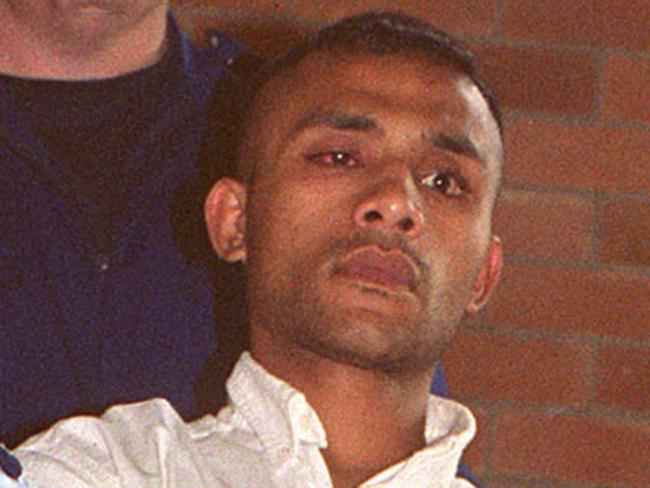
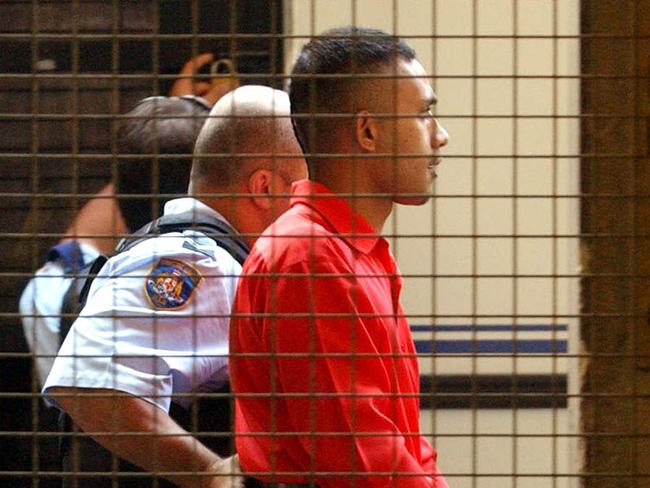
A number of his colleagues in the highway patrol unit left after his murder and many are still haunted by his loss. Many of them were able to visit him in hospital and say goodbye before his life support was switched off.
After his death, all highway patrol cars were fitted with in-car video. He was also awarded the Commissioner’s Valour Award for his actions the day he lost his life.
Constable McEnallay, who was engaged to be married, had already lived “a good life” but he had so much more to offer, Mr Weber said.
“What a tragic loss of life and paying the ultimate sacrifice. Glenn was there protecting the community and lost his life to protect us all. Those perpetrators not only should have served a life sentence but never be allowed back into Australia.”
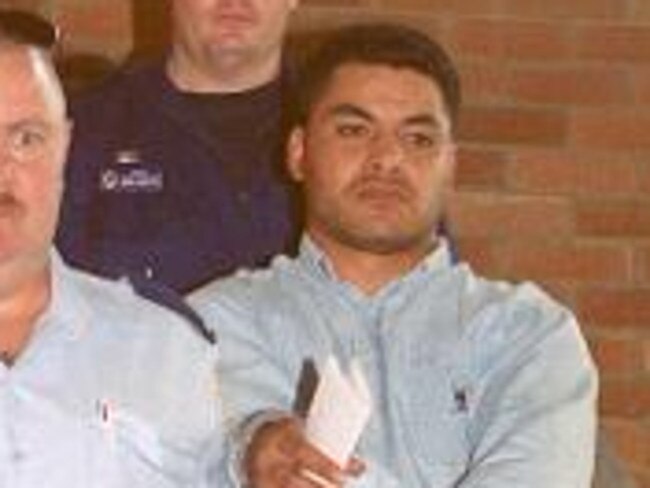
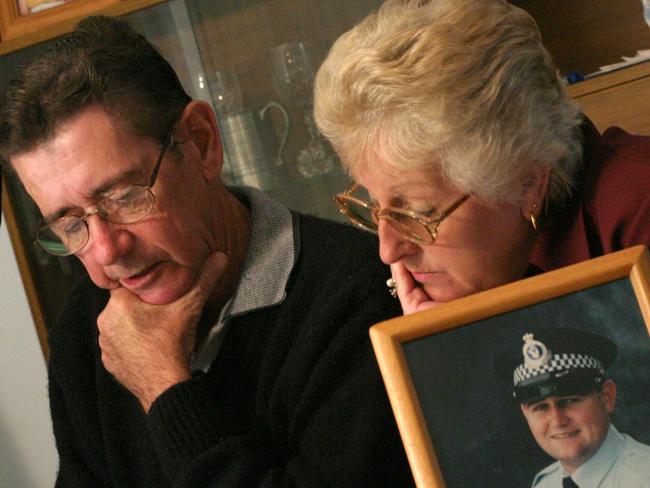
Mr Weber said Glenn’s memory “lived on” in the hearts and minds of serving officers.
“One of Glenn’s legacies is making sure violent offenders who are non-Australian citizens do not stay in the country when their sentences are over.”
Despite that, Taufahema’s deportation this week was not satisfying.
“I suppose it’s bittersweet they’ve both been deported with regards to protecting the community and the family and police’s wishes — and for sheer justice — but nothing will ever bring [Glenn] back.”
Motekiai Taufahema had originally won the right to stay in the country after appealing a decision to cancel his visa — and that outraged police who believed a “cop killer” should never be allowed to stay.
Mr Weber said: “It was bitter salt in the wounds and beyond belief that he could have stayed in the country … We want people here who abide by society’s rules and respect the community. If you break that then you lose those rights and privileges.”
andrew.koubaridis@news.com.au
Originally published as Brothers convicted over the death of police officer Glenn McEnallay have been deported to Tonga


